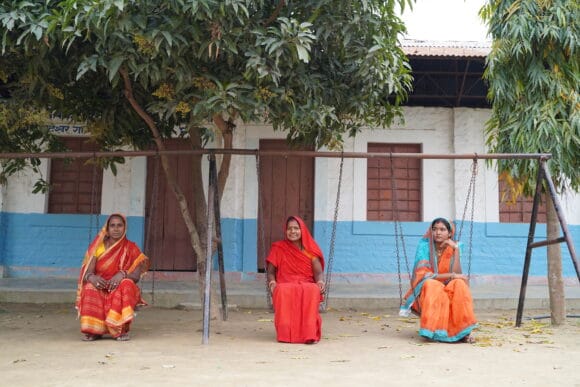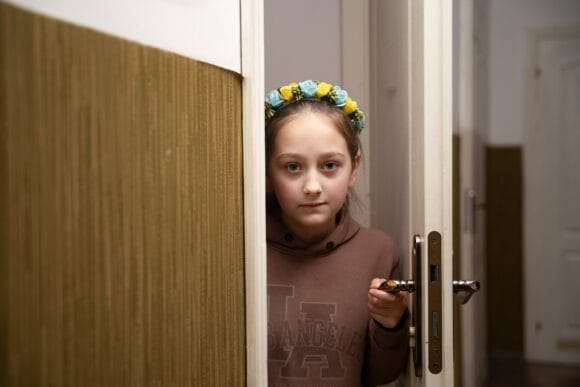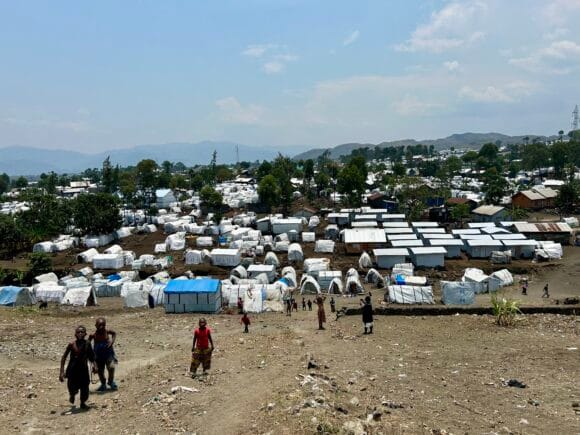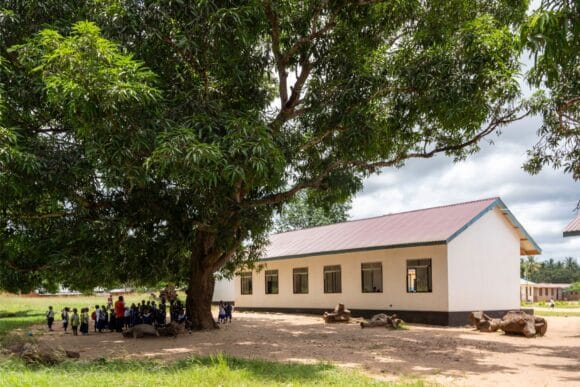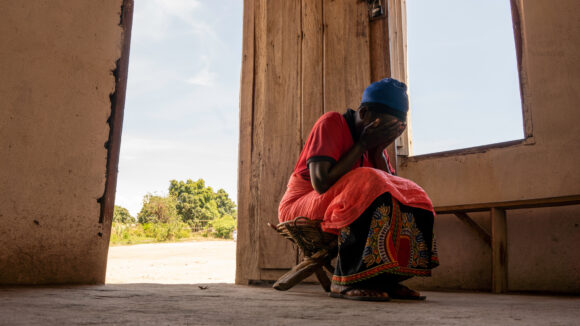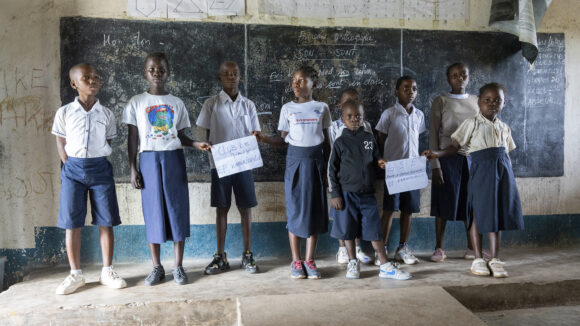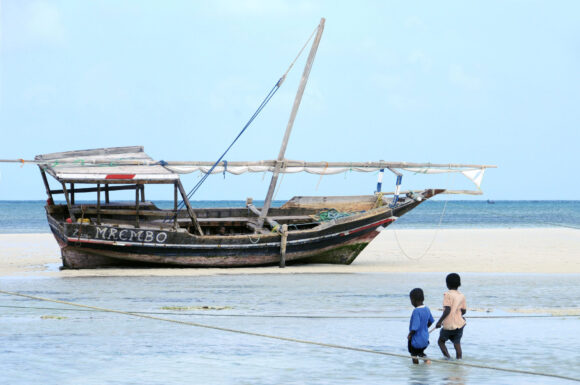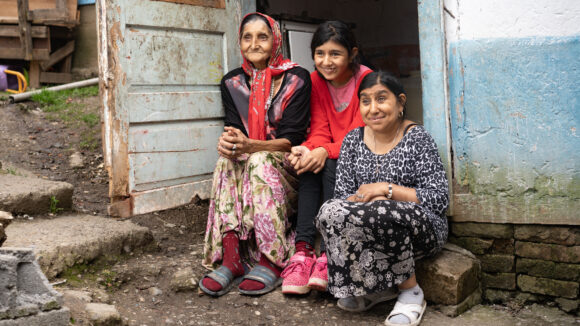In the early 2000s, the Roma community in Kiseljak, Bosnia, lived in extreme poverty, lacking access to water, electricity, and basic rights. Sixty percent of children didn’t attend school, and child marriages were common. Begging was a frequent means of survival. Yet, amidst the hardship, a spark of hope began to ignite.
